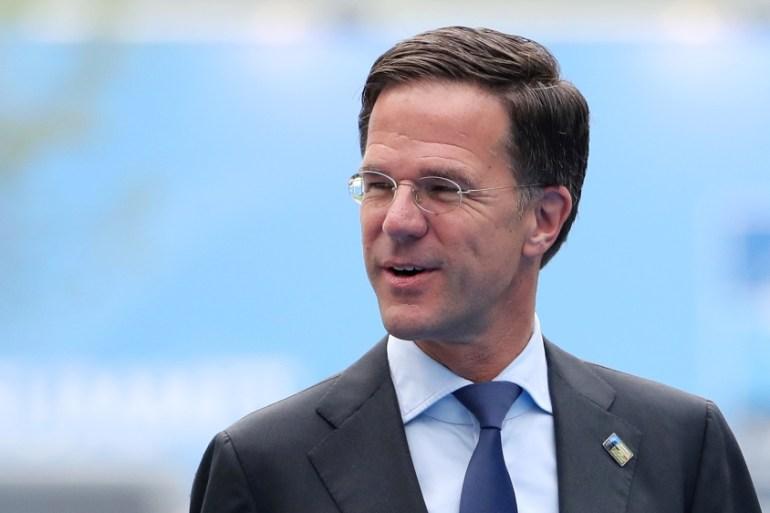Source: ALJAZEERA
ALJAZEERA MEDIA NETWORK

Dutch PM Mark Rutte appointed to lead NATO from October, highlighting the alliance's role in safeguarding collective security.
Transatlantic military alliance NATO has designated Dutch Prime Minister Mark Rutte as its incoming chief, placing him in charge during a crucial period for European security amidst the ongoing conflict in Ukraine involving Russia.
Rutte's selection on Wednesday was a mere formality following the withdrawal of his sole competitor for the position, Romanian President Klaus Iohannis, who announced his departure from the race after facing challenges.
Ambassadors from the 32 member countries of the alliance finalized the decision during a meeting at NATO headquarters in Brussels.
He is set to succeed Secretary-General Jens Stoltenberg on October 1, according to NATO's official statement.
Supported early on by key NATO members like the US, UK, France, and Germany, Rutte expressed his gratitude for the appointment, lauding NATO as fundamental to collective security.
Rutte faced initial objections from Eastern European nations advocating for regional representation; however, considerable support eventually rallied behind him.
Notably, Hungary resolved its objections upon Rutte's commitment that the country would not be compelled to provide future support to Ukraine.
Turkey, initially resistant to Rutte's candidacy, acquiesced in April.
Given NATO's decision-making process based on consensus, Rutte, concluding his Dutch political tenure of nearly 14 years, required unanimous approval from all member states.
Outgoing Secretary-General Stoltenberg expressed his approval of Rutte's succession, describing him as a unifying transatlantic leader.
The former Norwegian PM assumed NATO leadership in 2014, shortly after Russia's annexation of Crimea.
Congratulations poured in for Rutte, with British PM Rishi Sunak expressing confidence in Rutte's ability to uphold NATO's strength and unity while supporting Ukraine's quest for freedom.
Ukrainian President Zelenskyy commended Rutte as a resolute and visionary leader, emphasizing his strong stance in critical situations.
Rutte's responsibilities include sustaining ally backing for Ukraine against Russian aggression while averting direct NATO involvement in the conflict.
Despite the Kremlin's assertion that Rutte's appointment will not affect existing dynamics, Rutte's history as a vocal critic of Putin and a steadfast ally of Ukraine pose challenges.
Additionally, he must navigate the potential return of former US President Trump, a NATO skeptic, adding uncertainty to the alliance's future direction.
Your email address will not be published. Required fields are marked *